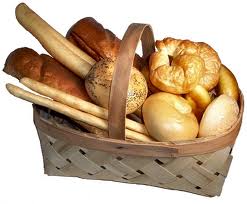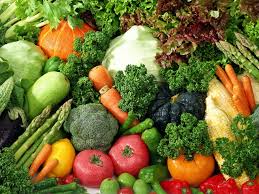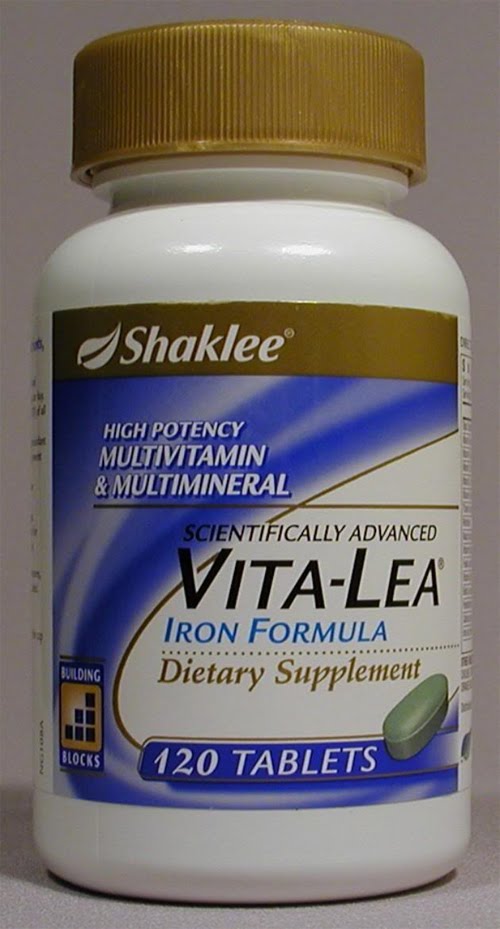Reviewed January 2025
Download Pesach 2025 Pet Food List
To some people, the concept that there are restrictions regarding what can be fed to animals may seem amusing. They wonder, “Really now, must dogs also eat kosher?” Of course, animals don’t need to eat kosher food. However, Halacha clearly instructs people regarding what, how and when to feed them.
The Talmud Yerushalmi1 states that before acquiring an animal, one must be sure he will be able to properly provide for it. Certainly, the owner must also know the applicable halachos. The following is a discussion of some of these halachos, including the subjects of meat and milk mixtures, Pesach, buying and selling non-kosher pet food, feeding animals on Shabbos and Yom Tov, and feeding animals before you eat.
STAR-K is not necessarily recommending ownership of pets; rather, we are providing information for those owners who require it. We […]












 STAR-D
STAR-D STAR-S
STAR-S